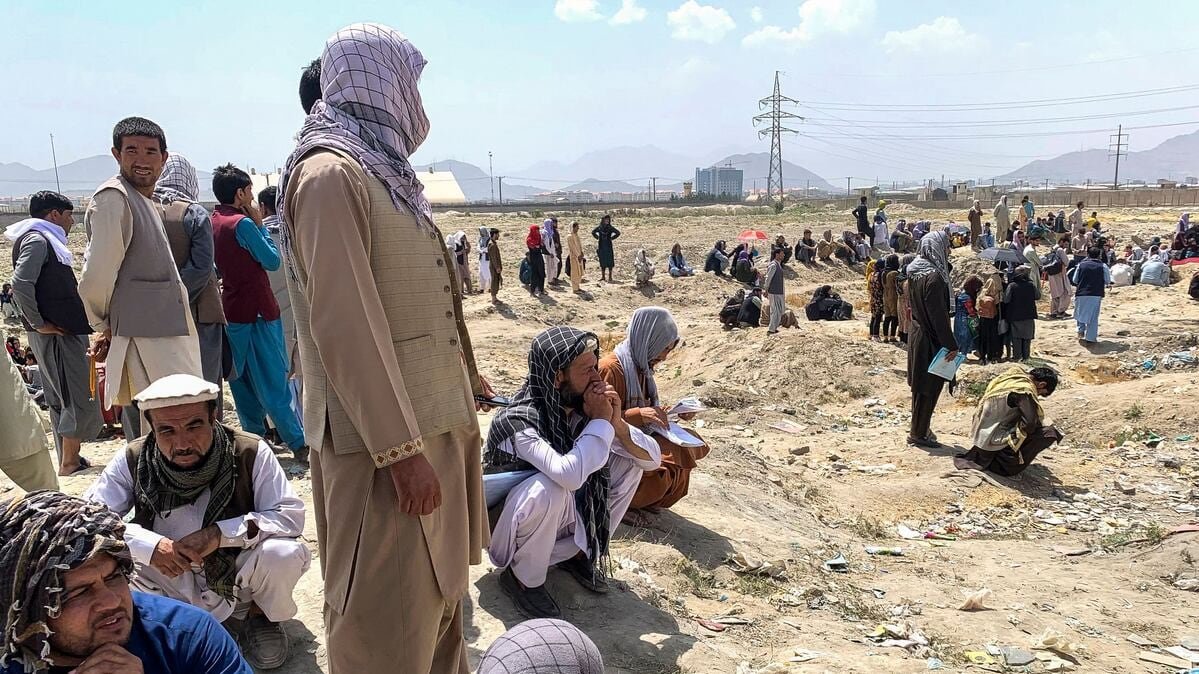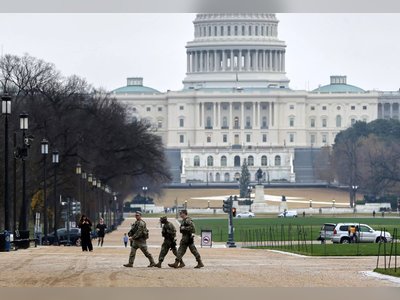
White House Blames National Guard Shooting on Afghan Resettlement Programme Amid Security Review
Attack by Afghan-resettled suspect near the White House prompts sweeping reassessment of asylum vetting and migration policy
A fatal shooting near the White House has placed the spotlight on the U.S. resettlement programme under which the suspect entered the country, prompting the White House to attribute the National Guard deaths to the vetting of Afghan nationals brought in after 2021. The attack, which killed one soldier and wounded another, has triggered an extraordinary review of immigration and asylum procedures.
Authorities identified the suspect as a 29-year-old Afghan national who arrived in 2021 under the programme established after the U.S. withdrawal from Afghanistan.
Investigators say he fired at two National Guard members deployed in Washington, D.C., before being wounded in return fire, and he is now hospitalised under guard as a terrorism inquiry unfolds.
The soldier who died was 20-year-old Specialist Sarah Beckstrom; her comrade remains critically injured.
President promptly described the shooting as an “act of terror” and faulted past administration policies for allowing what he called “lax migration vetting.” He ordered a sweeping review of asylum approvals for Afghan nationals and paused new entries under the same programme, calling on Congress to tighten immigration controls.
The Department of Homeland Security confirmed it has temporarily suspended processing of Afghan immigration applications.
The defunct resettlement scheme had admitted more than 75,000 Afghans after the 2021 evacuation, including many who worked with U.S. forces in Afghanistan.
While proponents said the programme honoured moral obligations to interpreters, translators and allied staff, the shooting has sharply reopened debate over whether background vetting was sufficiently rigorous amid a climate of national-security concerns.
Community leaders and refugee advocates caution against using a single case to judge the broader Afghan population, emphasizing that most Afghan evacuees have integrated without incident.
They warn that sweeping policy reversals could undermine U.S. commitments to those who aided American efforts abroad.
As investigations continue, the administration faces pressure to balance safety, immigration control, and international humanitarian responsibility.
Authorities identified the suspect as a 29-year-old Afghan national who arrived in 2021 under the programme established after the U.S. withdrawal from Afghanistan.
Investigators say he fired at two National Guard members deployed in Washington, D.C., before being wounded in return fire, and he is now hospitalised under guard as a terrorism inquiry unfolds.
The soldier who died was 20-year-old Specialist Sarah Beckstrom; her comrade remains critically injured.
President promptly described the shooting as an “act of terror” and faulted past administration policies for allowing what he called “lax migration vetting.” He ordered a sweeping review of asylum approvals for Afghan nationals and paused new entries under the same programme, calling on Congress to tighten immigration controls.
The Department of Homeland Security confirmed it has temporarily suspended processing of Afghan immigration applications.
The defunct resettlement scheme had admitted more than 75,000 Afghans after the 2021 evacuation, including many who worked with U.S. forces in Afghanistan.
While proponents said the programme honoured moral obligations to interpreters, translators and allied staff, the shooting has sharply reopened debate over whether background vetting was sufficiently rigorous amid a climate of national-security concerns.
Community leaders and refugee advocates caution against using a single case to judge the broader Afghan population, emphasizing that most Afghan evacuees have integrated without incident.
They warn that sweeping policy reversals could undermine U.S. commitments to those who aided American efforts abroad.
As investigations continue, the administration faces pressure to balance safety, immigration control, and international humanitarian responsibility.











